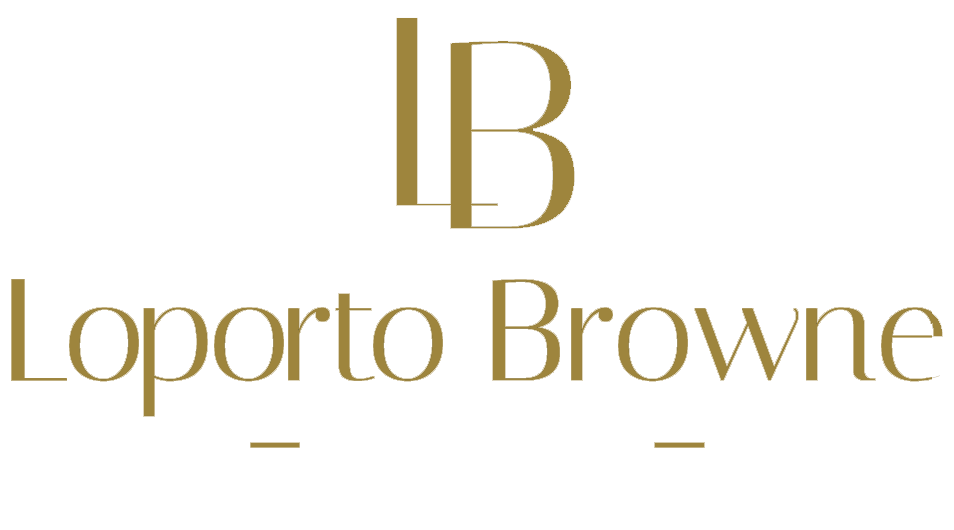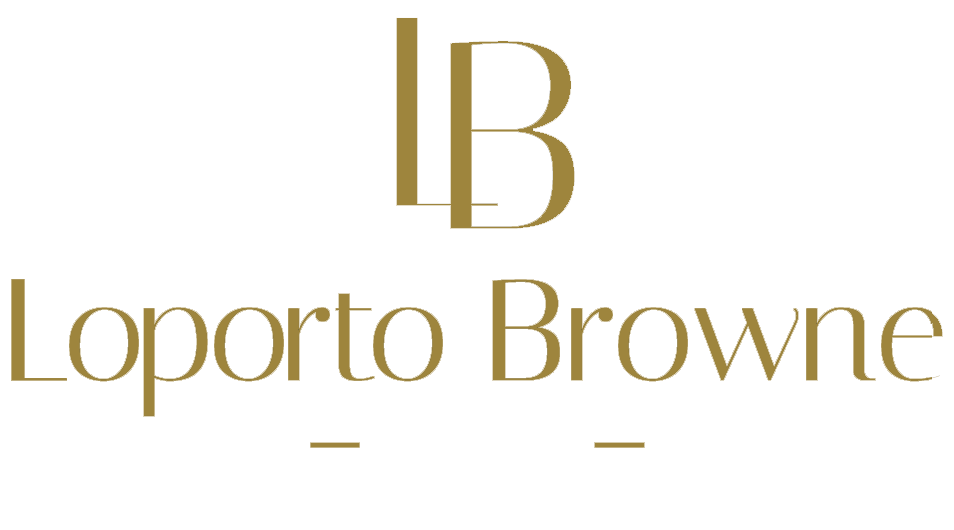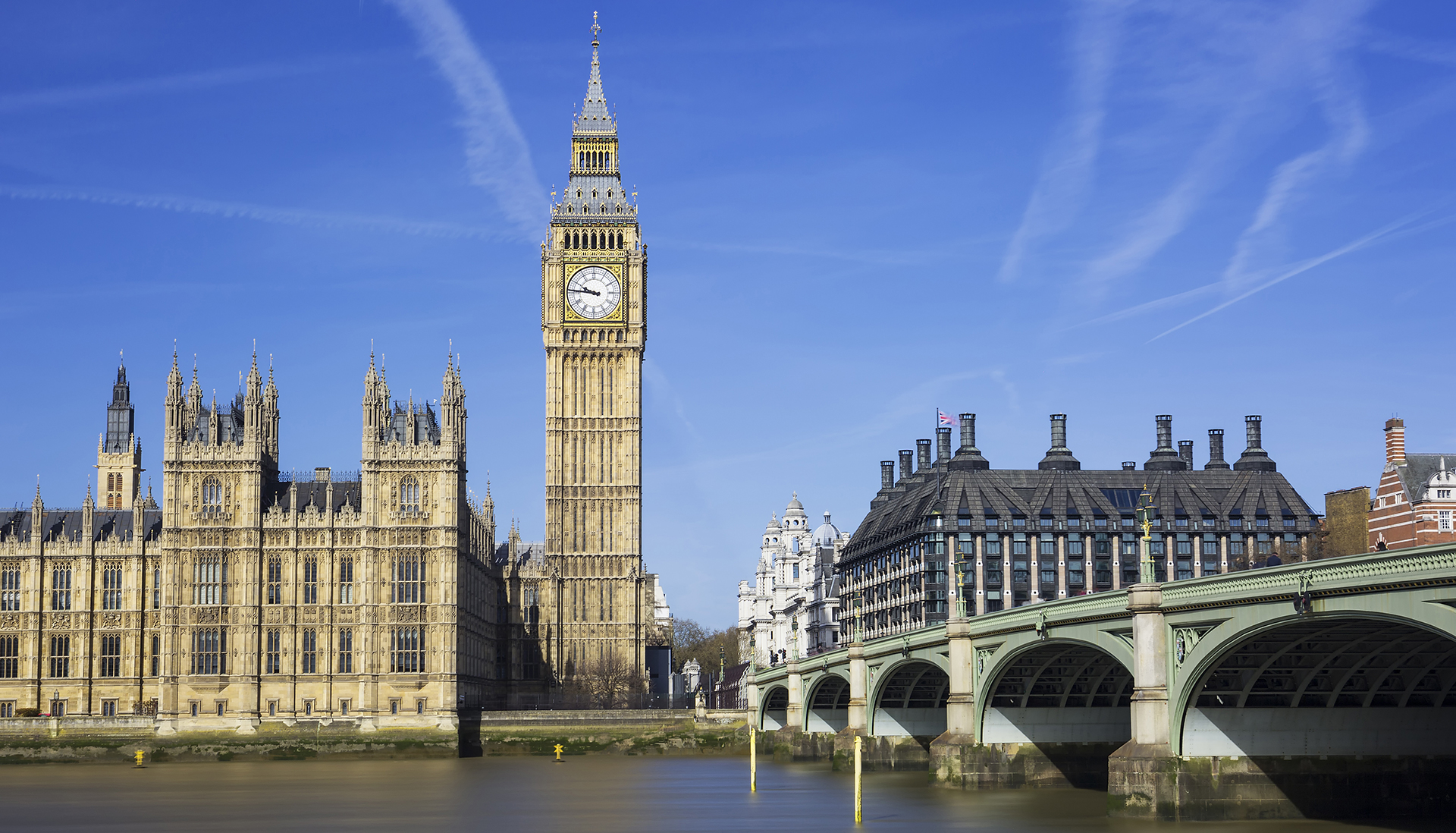What is The Economic Crime Bill?

By accelerating the legislation, the UK Government is concentrating on the powers they can bring into force in the most focused time.
The Bill targets sources of illicit wealth and their permeation through the UK economy and will make it easier to prosecute people for breaching sanctions. The legislation enables the UK Government, the National Crime Agency (NCA) and other agencies to focus on those individuals.
Register of Overseas Entities
A new Register of Overseas Entities, requiring those behind foreign companies which own UK property to reveal their identities, will also be created under the Act. Entities who refuse to reveal their ‘beneficial owner’ will face tough restrictions on selling the property and those who break the rules could face a fine of up to £2,500 per day or up to five years in prison.
Propertymark campaigning
Propertymark has long called for a public Register of Overseas Beneficial Owners. We’ve previously given evidence to the Treasury Select Committee’s Economic Crime Inquiry and hosted a roundtable with members and the UK Government officials on the Draft Bill.
The Register is important because criminal funds can be concealed and made to look legitimate through an untraceable ‘company’ and subsequently the purchasing of property. When property agents try to determine the true, or ‘beneficial’ owners, they find only documents listing shell companies.
Are you looking for help selling your property?

Unexplained Wealth Orders (UWO)
To strengthen and reinforce, the UWOs allow law enforcement an opportunity to confiscate criminal assets without having to prove that the property was obtained from criminal activity.
Property agents and anti-money laundering
Under the Money Laundering rules, property agents must be able to prove the identity of both the buyer and seller and any beneficial owner of the customer, to the property sale. Whilst the beneficial owner is likely to own or control the customer, it may also be the person on whose behalf a transaction or activity is carried out. The level of due diligence is down to the agent to decide, but if the agent has any doubts about a customer’s identity, they must cease activities with them until doubts are resolved.
Second Economic Crime Bill
The Home Secretary, Priti Patel has outlined that a second Economic Crime Bill is currently being drafted, which links to Companies House reform. This will take slightly longer and will cover wider issues about reporting and how to join up Companies House and law enforcement.


